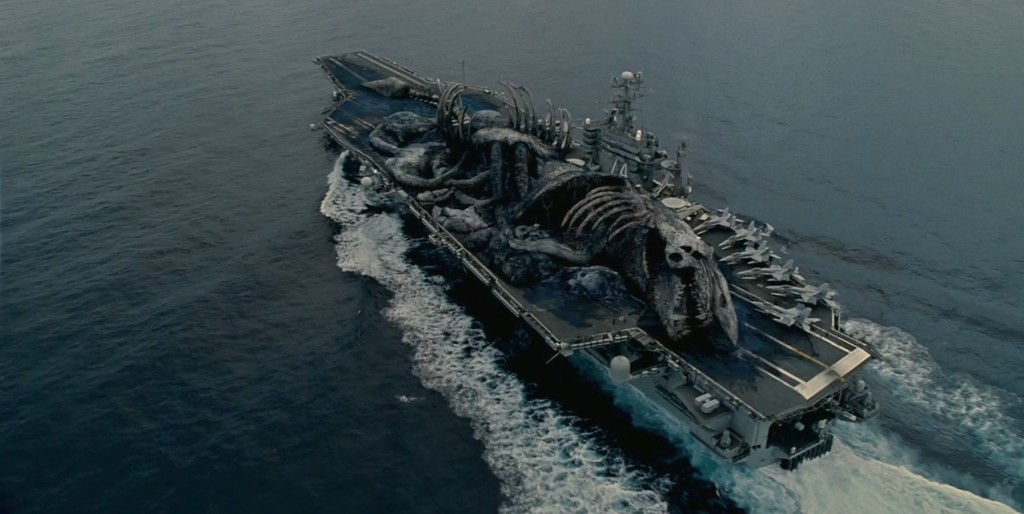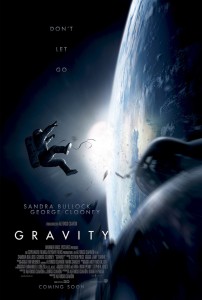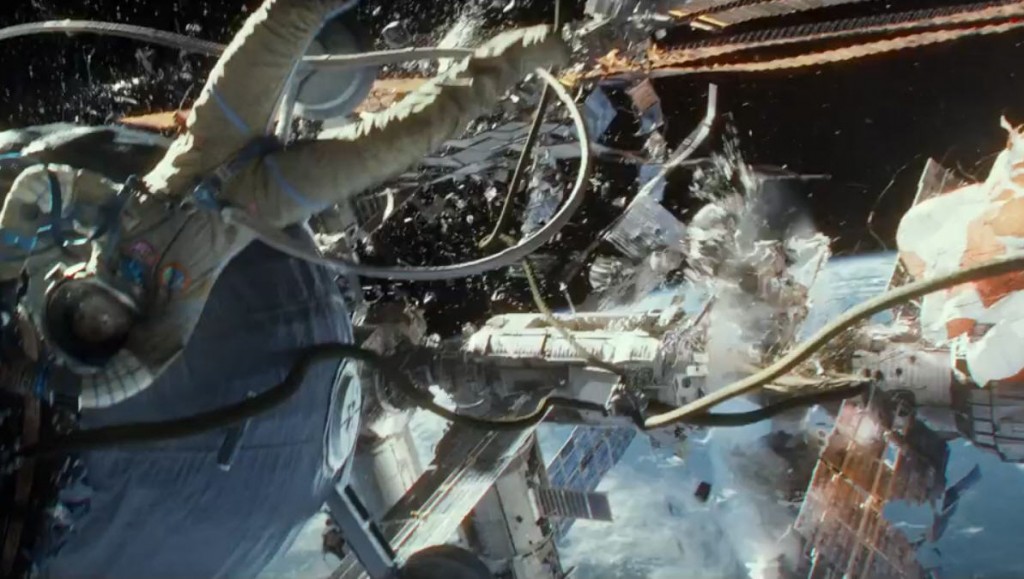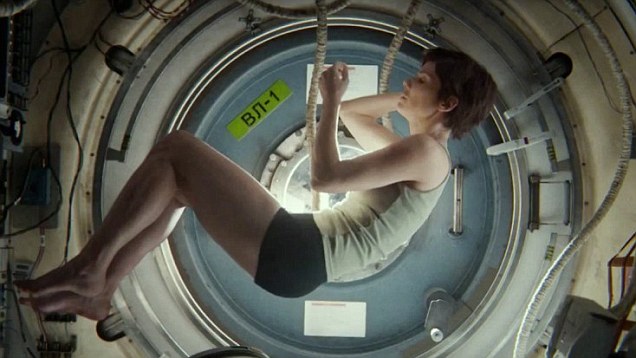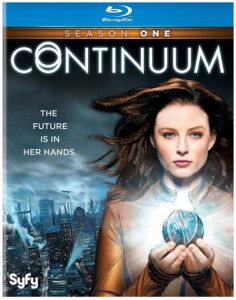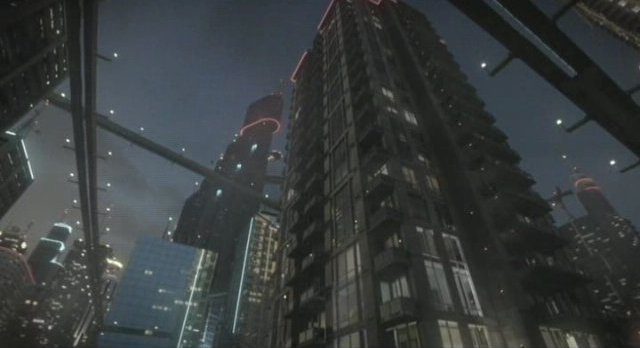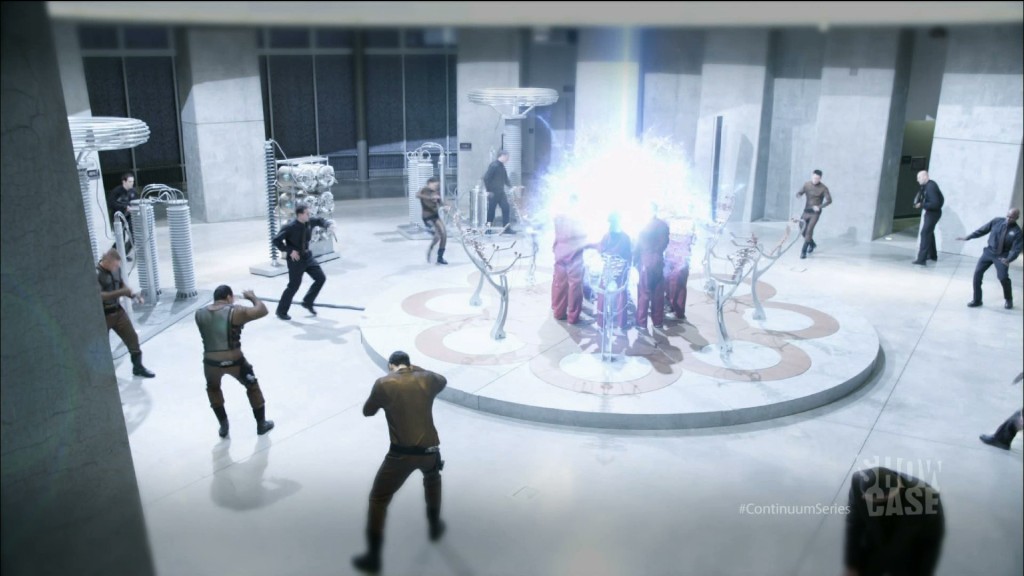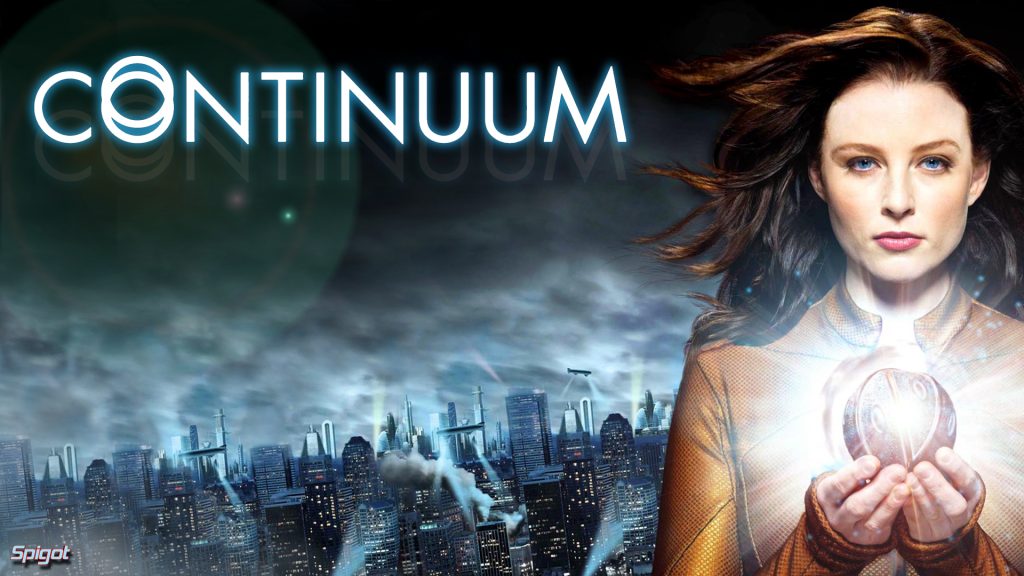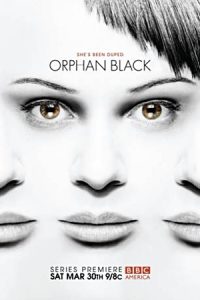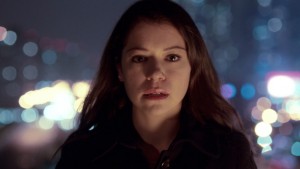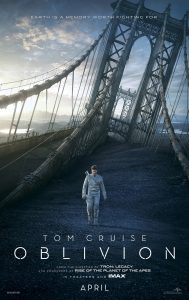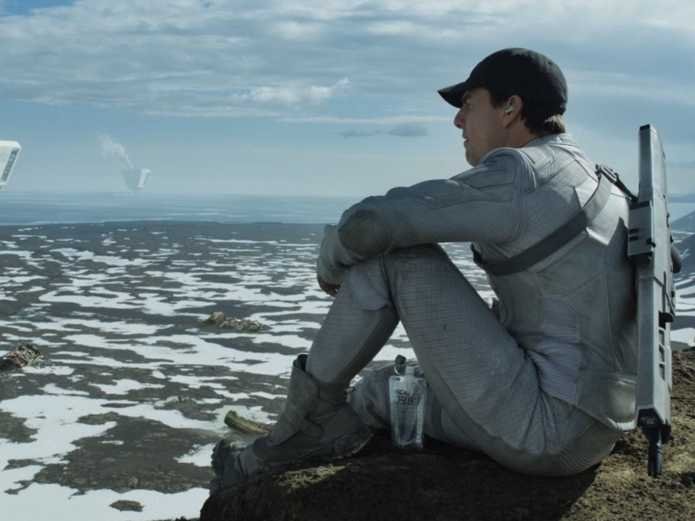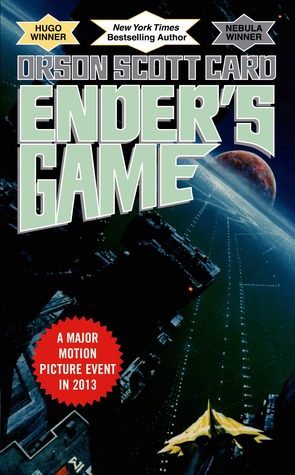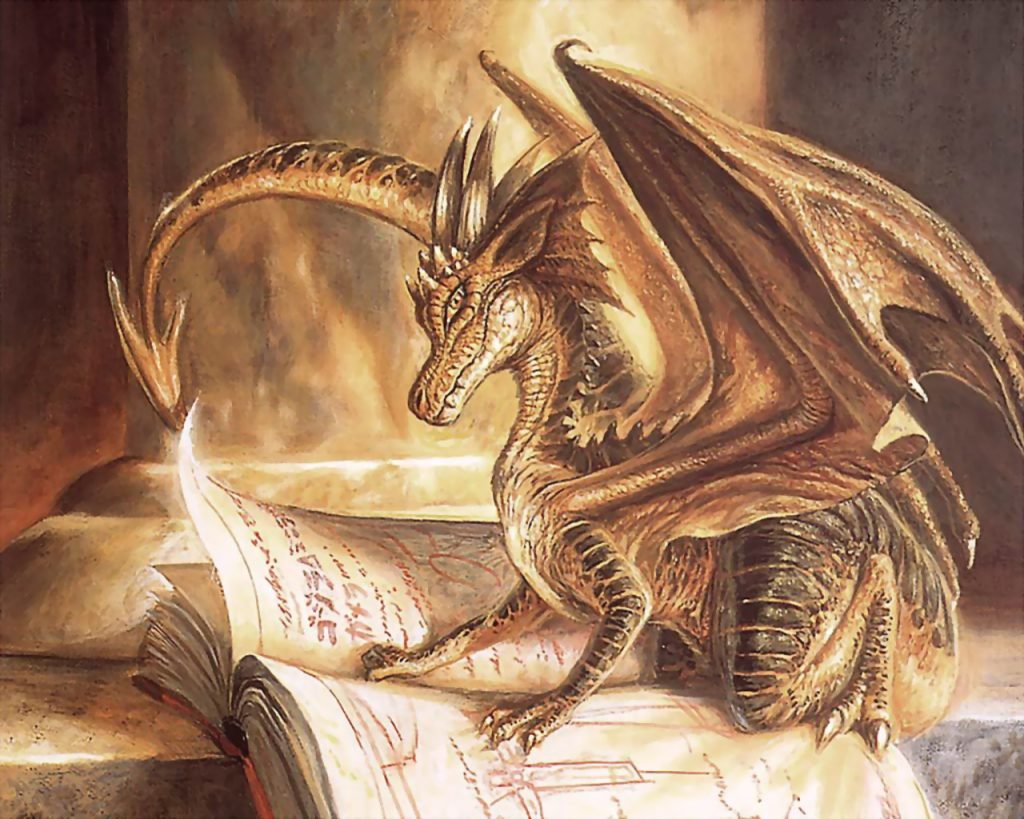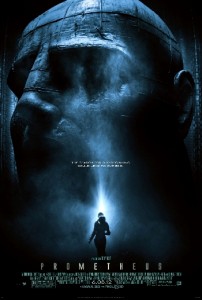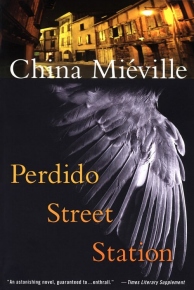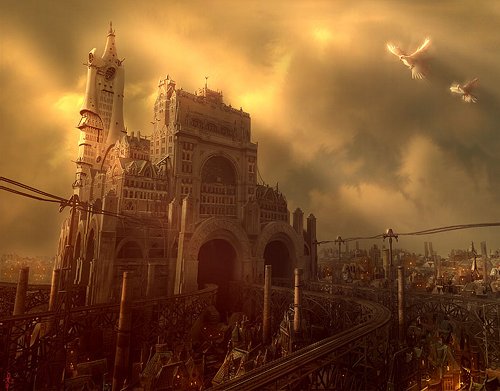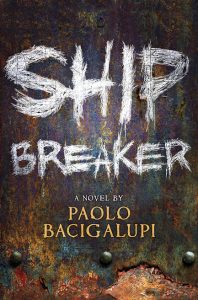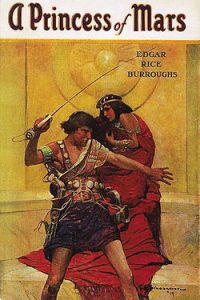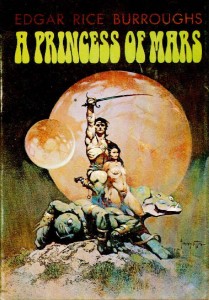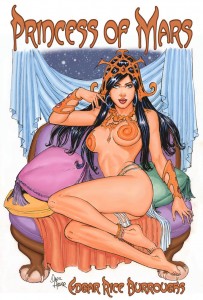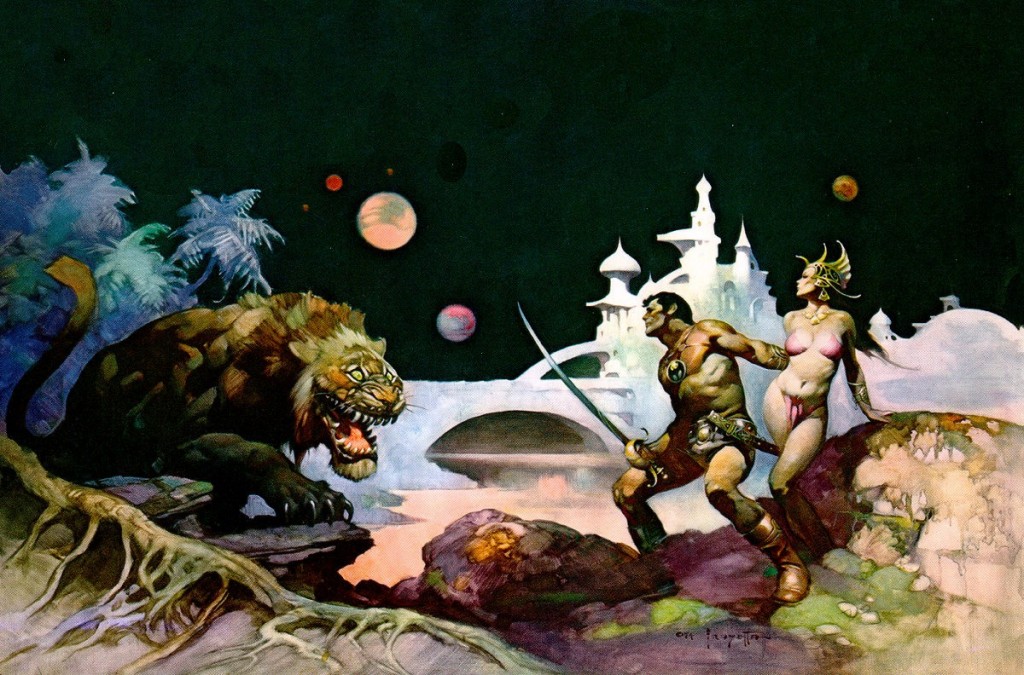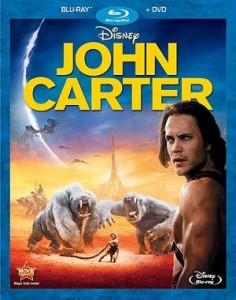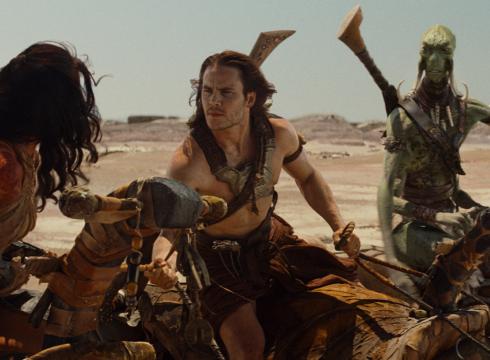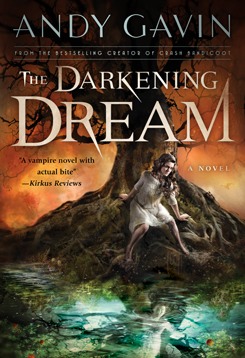StoryBundle has just launched a new collection of indie Fantasy and Science Fiction titles including my time travel novel Untimed and 8 other awesome books!
Is there a common theme to these masterpieces? Why yes, they all survived the ImmerseOrDie Challenge!
The premise of the ImmerseOrDie challenge is simple. Every morning, the host, Jefferson Smith, gets on his treadmill, opens a new indie fantasy or science fiction ebook, and starts his morning walk. Any book that holds his attention for the duration of that forty minute stroll gets labeled a survivor. But getting there isn’t easy. Every time he reads something that breaks his immersion in the story — bad grammar, inconsistent worldbuilding, illogical character behaviors, etc. — the book earns a red flag, called a WTF. If he finds three WTFs before he finishes his walk, the clock stops, the book closes, and he ruminates on what went wrong. Whether it survives or not though, he writes up a report about his reading experience and about what sorts of things he might have learned from it, and then share that with all the folks who follow his stream. (You can read more about the IOD and see all the archived reports here.)
How has that worked out so far? Well, as anyone who has tried to sample the firehose of indie publishing can confirm, few of the titles being released these days meet even basic professional production standards. So it should come as no surprise that by the time he was ready to submit this collection to StoryBundle, he had read 114 titles, of which only 13 had survived that basic probe.
But this StoryBundle is not just about being clean enough to squeak past his forty-minute guard dogs. After surviving the first round, those thirteen survivors were then run through a second gauntlet as well. To survive that round, they had to do more than simply avoid WTF triggers. They had to grab his attention and hold it, and then deliver a complete and satisfying story. Not just clean production, but an entertaining read. And not just for forty minutes either, but for the entire book.
What he had left with at the end of that second round was the collection of books you see here today, snatched right out of the fury of that indie firehose. These were not written by established writers who are diversifying their revenue streams, but by truly unknown writers who happen to have game. In his view, these are the writers waiting in the wings for their big breaks. And he (and I) are hoping this StoryBundle just might be the break they’ve been waiting for.
So after all that, it is now my great pleasure to introduce the champions. But rather than just regurgitate the usual marketing blurbs to describe them, he’ll tell you both about the books and what it was in those first forty minutes that pulled him in.
Sounds like a great collection, right? Well it is, and I hope you’ll join us over at StoryBundle.com to show your support for indie writing. And can I ask for a favor? Please consider sharing this announcement. If you or your friends have ever complained about the tide of low-quality books that swamp the indie byways, this is your one-stop opportunity to set the record straight. There really are some great books out there in indie-land.
And here are nine of them to prove it. Get it before May 10!











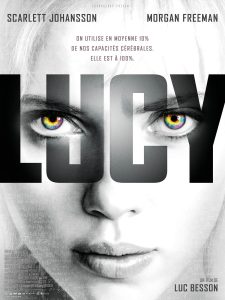

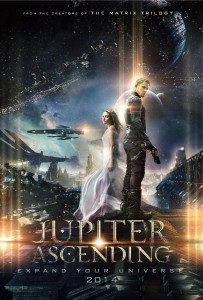
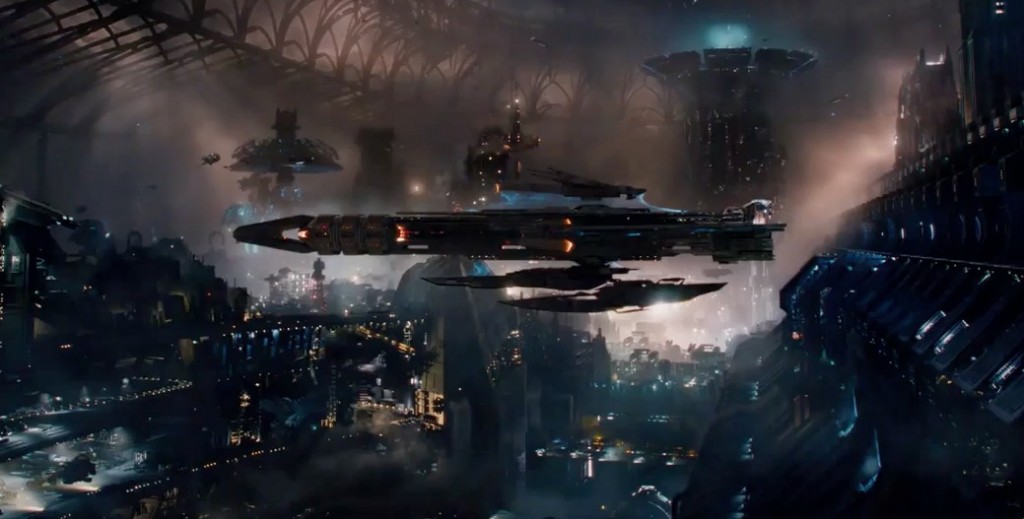

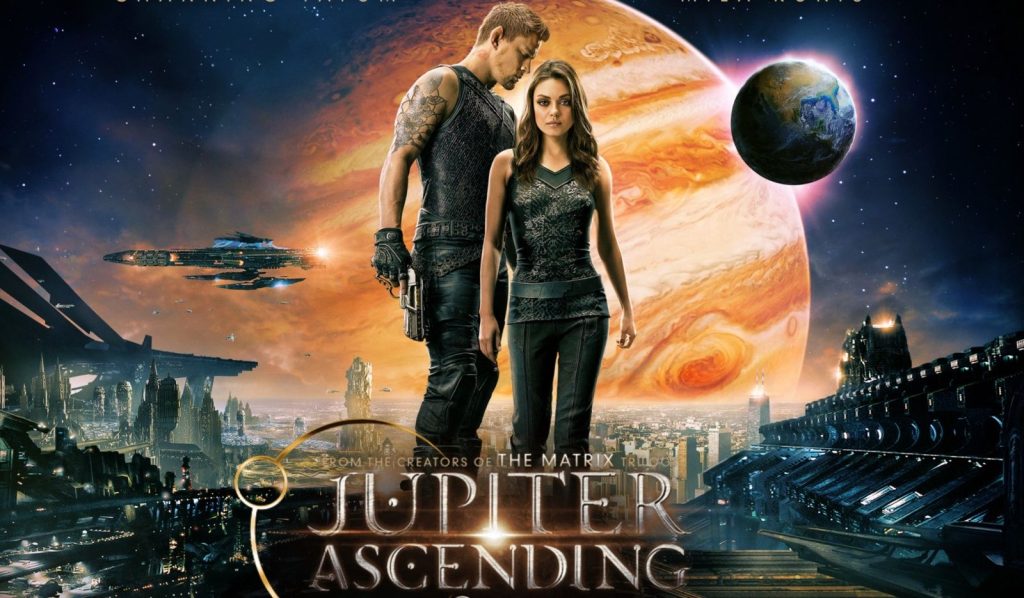
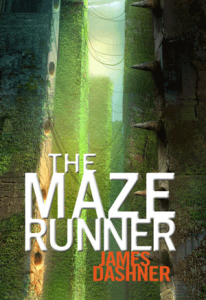
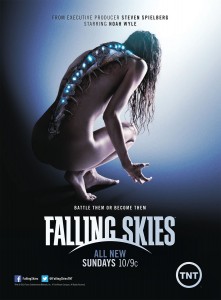
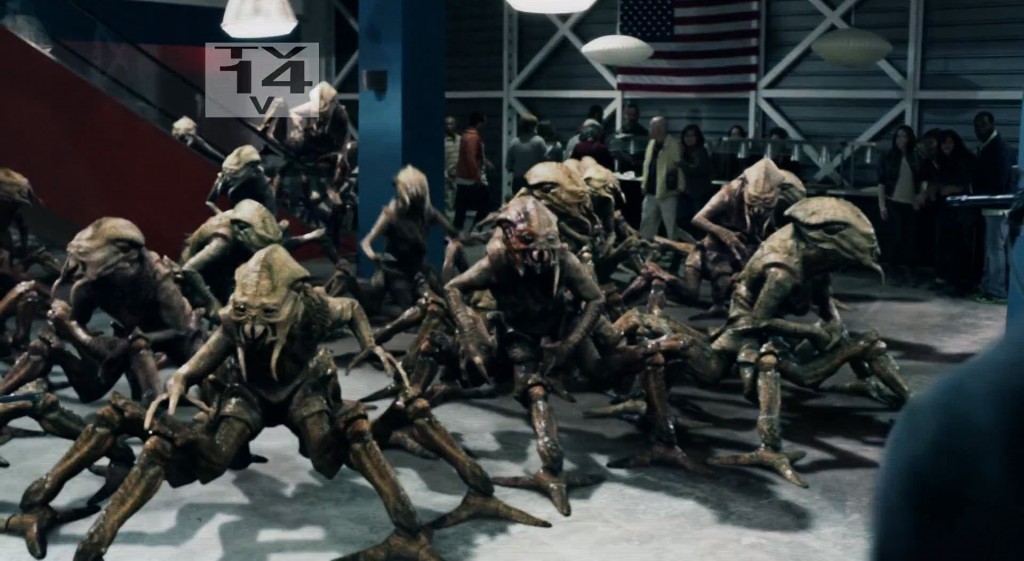
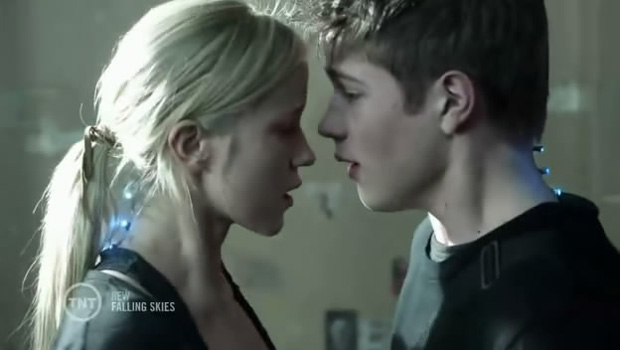

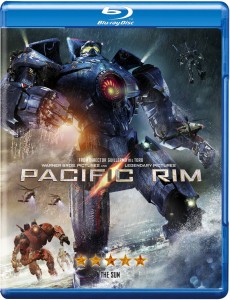
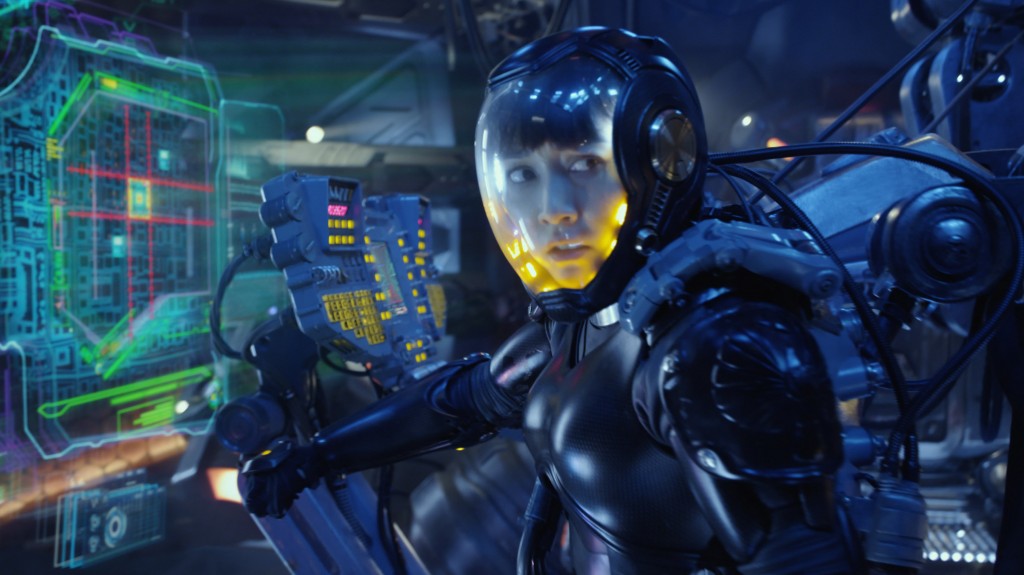
![3205457-pacific-rim-jaegers-wallpaper[1]](http://all-things-andy-gavin.com/wp-content/uploads/2013/11/3205457-pacific-rim-jaegers-wallpaper1-1024x640.jpg)
